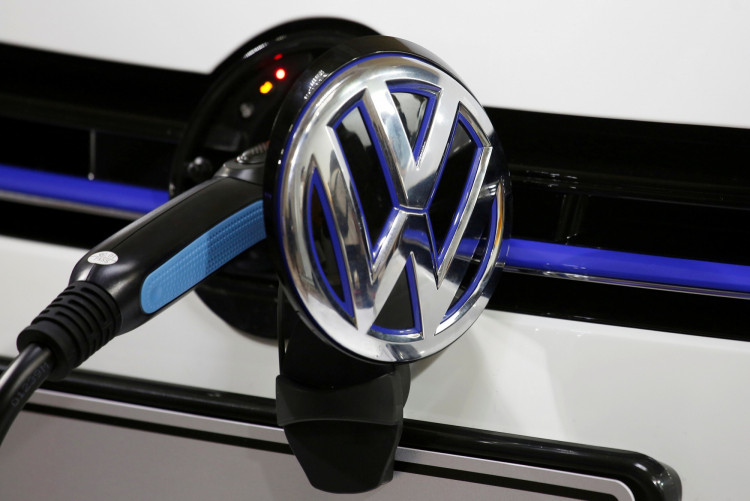German automotive giant Volkswagen is doubling down on its investments in China with the company announcing a new plan to inject around $2.2 billion in two of its Chinese joint ventures. The company stated on Friday last week that the investment is meant to bolster its market share in the country's rapidly growing new energy vehicle segment.
The investment will involve the acquisition of a 50 percent stake in JAG, the parent company of state-owned carmaker JAC Motors. Volkswagen also intends to increase its stake in its JAC Volkswagen joint venture from 50 percent to 75 percent. The German company stated that the acquisitions should allow it to have much larger management control over the two firms, enabling its plans to enhance its electric vehicle infrastructure in China.
Volkswagen China's chief executive officer, Stephan Woellenstein, pointed out in a statement that the stake acquisition in JAG will be the first time a foreign carmaker will play a strategic role in a state-owned firm. The move was only made possible thanks to China's continued opening-up measures, which lifted ownership restrictions of foreign companies.
Prior to its policy changes in 2018, foreign companies were required to form joint ventures with local partners in order to establish a manufacturing base in China. With the policy changes, the 50 percent cap on foreign companies was now lifted, enabling foreign companies such as Tesla to open a wholly-owned manufacturing facility.
Apart from the increase in its stake in the joint ventures, the $2.2 billion investment will include the purchase of a 26 percent stake in Chinese battery manufacturing company Gotion High-Tech. Volkswagen currently considers China to be its largest market for electric vehicles. The company also sells a good chunk of its gas-powered vehicles in the country, accounting for about 40 percent of its total global sales.
The new investments are part of Volkswagen's wider strategy to sell at least 1.5 new energy vehicles in China by 2025. The country is one of the fastest adopters of green mobility technologies, with the government continually rolling out measures to support the electric vehicle industry. Last year, Beijing announced that it intends to have at least one in every four vehicles sold to be a new energy model by 2025.
To support its goals, China had extended its subsidies for new energy vehicles in late March by two years. The extension was made to support China's new energy vehicle sector, which was heavily affected by the economic downturn caused by the coronavirus pandemic earlier in the year.





